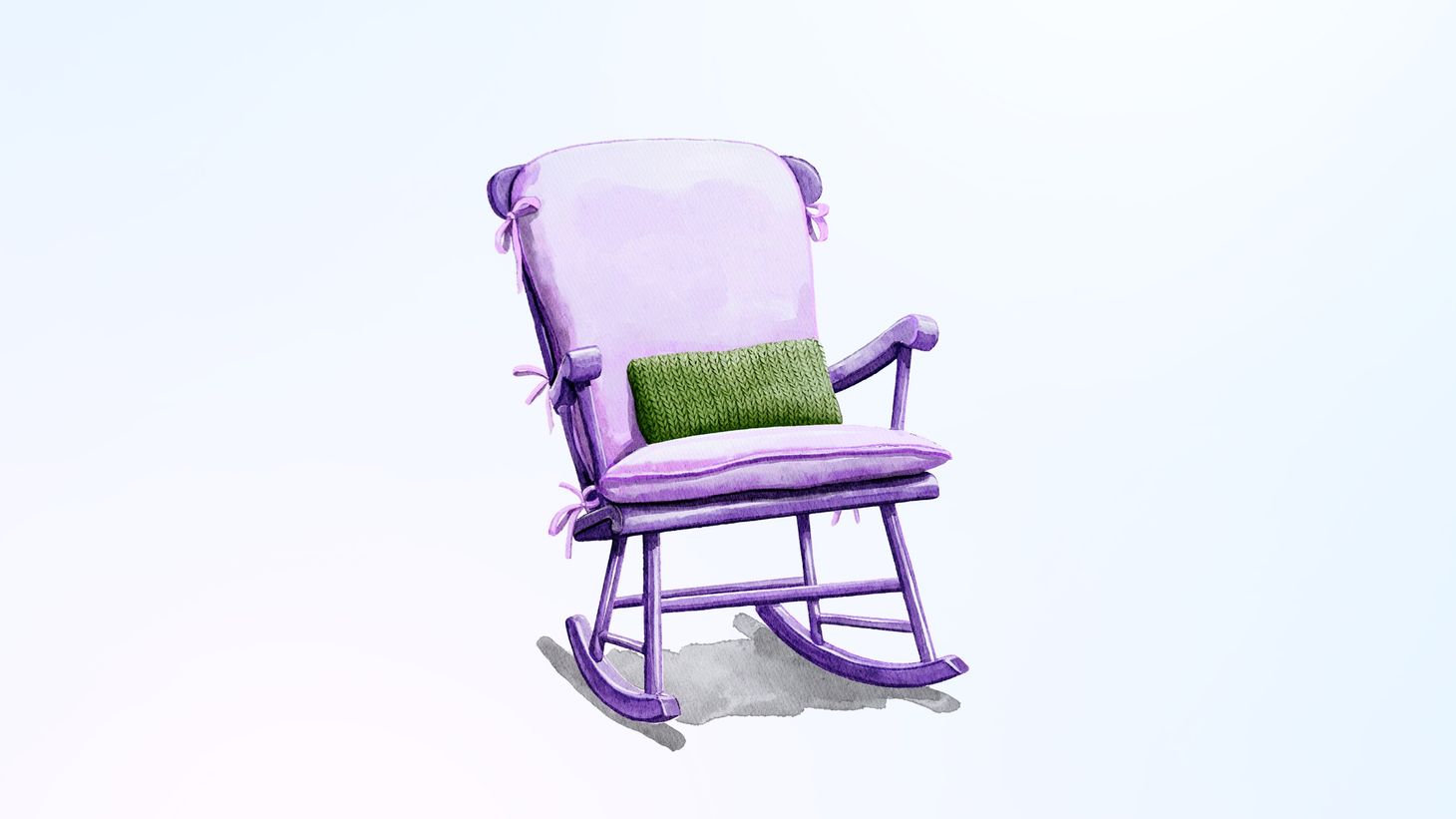Retiring from Unemployment
Leisure is more enjoyable when work is no longer an option.

Leisure is more enjoyable when work is no longer an option.
50% of young Japanese workers say their office has a middle-aged man who doesn't do any work. A third of them hope to one day become that man. The Japanese have a word for such people — Madogiwa Zoku, the "Window Tribe." It refers to people who have been delegated to the far side of the office, where no one bothers them or expects them to do anything.
In 1992, when Japanese management methods were all the rage, the Washington Post ran an article about this phenomenon and explained some of the reasoning behind it:
An incompetent manager "is never fired," said Akira Nagano, spokesman for Matsushita Electric Industrial Co., adding quickly, "as long as he does not commit a crime." Indeed, at big companies like Matsushita, incompetent managers aren't even forced to take a pay cut or a demotion, at least not formally, Nagano said.
In Japan, people who turn out to be ill-suited for their jobs typically join the madogiwa-zoku... In practical terms, what this means is that such people are assigned to jobs that don't involve much responsibility, yet still rate the same salary and hold the same formal prestige.
Behind this practice lies Japan's well-known group orientation, which in business means that employees are expected to show loyalty to their companies and be shown loyalty in return.
"It's important to treat madogiwa-zoku well, because many young people think about their future in terms of the way these older people are treated," said Haruo Shimada, a professor at Keio University. "If older people at a company are being kicked out and treated miserably, it will adversely affect the morale of others, especially young people."
No-longer-productive employees were kept around to raise the morale of productive employees. The young and productive had something to aspire to — the day in which they, too, could sit by the window and collect a salary for doing nothing.
But the 1990s are long gone. Now that Japan has too many older people and not enough corporate profits, there are stories of companies mistreating their older employees to convince them to retire and clear their window-side desks.
Still, Japan's Window Tribe highlights the value of "having a job," even if everyone around you knows you aren't really doing anything.
Yesterday, I wrote about the inability of Universal Basic Income to address people's need to feel needed and find satisfaction in their work. Some readers wrote back to highlight the fact that people can still find meaning in the hobbies and activities they'll pick up once they get paid for doing nothing.
That's possible. We might one day live in a world where people are valued (and feel valued) for simply spending their time as they wish. But, as I pointed out yesterday, this would require a deep cultural and even spiritual change.
For now, there is evidence that societal expectations affect people's well-being, regardless of how people actually spend their time. My legendary friend Zach Valenta sent me a study that explores this notion.
Researchers at the Free University of Berlin evaluated the life satisfaction of German employees over time. They found that people are less satisfied once they lose their job but feel much better once they officially retire. This effect happens even with people who were already unemployed before their retirement; even though their overall income and daily activities have not changed, changing their title from "unemployed" to "retired" makes them feel much better about life.
Telling people you're retired gives you a legitimate, socially-acceptable identity. Saying you're unemployed doesn't.
Have a beautiful weekend.
Dror Poleg Newsletter
Join the newsletter to receive the latest updates in your inbox.

